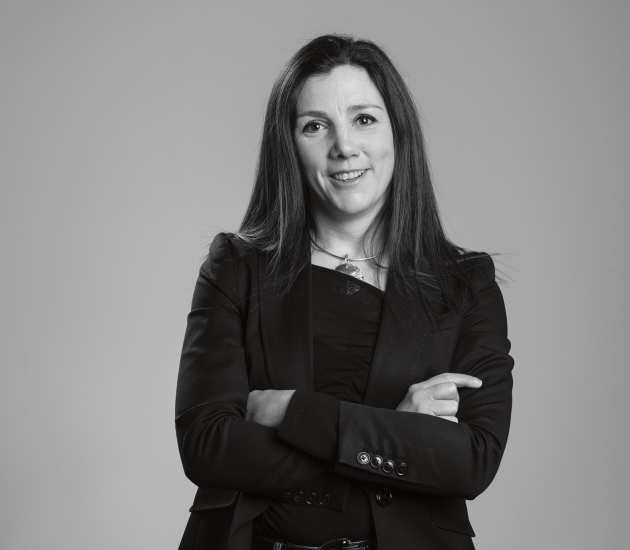‘‘Knowledge is always changing but the skills required to apply it are timeless – and essential’’
 Why is everyone so obsessed with knowledge? I’m sure that sounds strange coming from the head of a biomedical sciences degree programme – but knowledge is temporary; it changes. Of course a solid knowledge base is fundamental in any field, but, often, advances are so quick that what we know at any given point is soon superseded and may even become obsolete as it is replaced by new discoveries.
Why is everyone so obsessed with knowledge? I’m sure that sounds strange coming from the head of a biomedical sciences degree programme – but knowledge is temporary; it changes. Of course a solid knowledge base is fundamental in any field, but, often, advances are so quick that what we know at any given point is soon superseded and may even become obsolete as it is replaced by new discoveries.
Most factual knowledge doesn’t even need a person – a lecturer – to impart it. We can provide it online and students know very well how to Google. And, accepting that, how can we give our students the best, most valuable learning experience during their time at Imperial and prepare them for the future?
That was our starting point when we designed the BSc Medical Biosciences. We were fortunate to be given a blank sheet and the freedom to redefine what a 21st-century biomedical science undergraduate programme should be like. We went wild and looked far beyond the College, asking: “What will biomedical research need in ten years?”
The answer was to focus on current human health challenges and to interweave transferable skills along the curriculum. Rigorous scientific knowledge remains hugely important, but we need to teach our students to think like scientists, and to know what to do when they don’t know what to do. And so we designed what we think is a ground-breaking course that does just that.
For a start, we focused on ‘flipped learning’. We provide e-learning modules for students to complete before coming together with academics, turning what might once have been a one-hour lecture of passive note-taking into a three-hour discussion and practical session in which students apply what they’ve already learned to practical tasks academics give them. It enables them to engage on a much deeper level than just taking notes in a lecture theatre – and it builds teamwork, leadership and communication skills.
But our real revolutionary teaching comes with our ‘Lab Pods’. Again, we started with a blank sheet of paper – what we came up with aren’t student labs, but recreations of real-life research labs with high-spec, state-ofthe- art equipment. You can’t teach for the future using tools of the past.
But it’s less about fancy equipment than how students learn. We don’t say: ‘Class, today we’ll learn about this’, and give them a protocol to follow. We don’t even give them a project – we give them news cuttings from reputable and notso- reputable journals, with interviews from a real patient, oncologist and research nurse, to get the full perspective, then ask them to discuss and come up with their hypotheses. Within an hour the board is covered in ideas and then we say: ‘So how will you prove it? What do you need?’
Our first-year undergraduates are thrown in at the deep end, in a real lab, in real time – we encourage them to discuss and to formulate; independently, individually and in groups. They have much less traditional scaffolding around them: we just ask lots of questions, they find the answers. And then afterwards there’s a lot of reflection time assessing how things went, in terms of process and teamwork, and noting any possible areas of improvement.
Students are ready to hit the ground running, whether they go into business or research "
Why is this different and important? Because we are fulfilling our own brief – to develop analytical graduates who think like scientists. It makes them much more fully formed, ready to hit the ground running when they go into business or research. They leave here with a more resilient understanding of what to do, with a deeper level of learning than many other graduates, knowing how to use a real-life lab – but also understanding how and why they work as they do; able to assess, analyse, reflect and, if needed, adapt.
It’s not often you get the chance to re-invent something completely from scratch, and I’m not sure it could happen anywhere but Imperial. Knowledge will continue to come and go, but having the skills to apply it, to work with it for the good of society, is the most valuable asset we can give our students, and the wider world.
Dr Ana Costa-Pereira is Head of BSc Medical Biosciences (BMB) programmes in the Faculty of Medicine at Imperial College London.